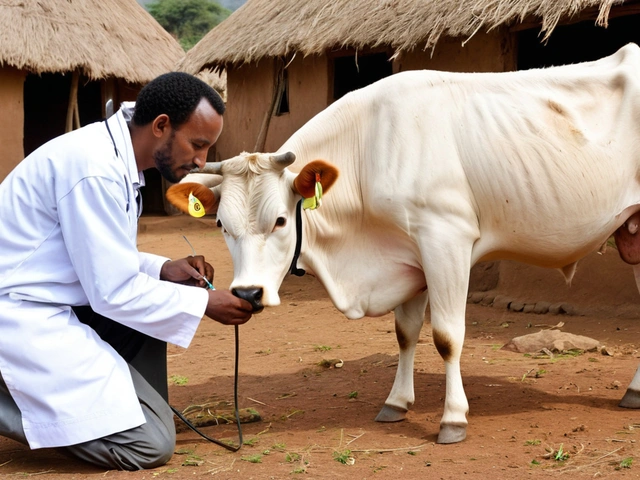Coffee Production in Ethiopia: How It Fuels Jobs and Opportunity
Think of Ethiopia and coffee springs to mind. It's not just a favorite morning drink here—coffee production is the heartbeat of the nation. Farmers, traders, exporters, and countless workers rely on this single crop. If you’re looking at jobs in agriculture or want a piece of Ethiopia’s top industry, you need to understand how coffee shapes everything from paychecks to community life.
Most coffee in Ethiopia comes from small family farms. These farms might seem humble, but they’re mighty. More than 15 million Ethiopians depend on coffee for their income, making it the country's top agricultural employer. That's a big deal—especially if you’re scouting for steady work or thinking about launching a business in rural Ethiopia. Families pick, dry, and process the beans using time-tested methods that deliver that famous Ethiopian aroma.
But there’s more to coffee than farming. Jobs pop up everywhere along the supply chain. Workers load beans on trucks, process them in local washing stations, and move them into export channels headed for Europe, Asia, and the States. If you have logistics or sales skills, Ethiopia’s coffee industry needs you. Even tech is finding a place, as companies improve traceability and quality using digital tools.
The pay? It varies. Farmers face market swings, with prices jumping up and down based on the global season. But as export demand stays strong, coffee remains one of the more reliable sources of income, outperforming other crops. Plus, if you work in quality control or exports, you’ll likely see higher and more stable salaries, especially if you bring language or technical know-how to the table.
There’s no denying the challenges. Weather, unpredictable international prices, and outdated infrastructure bring headaches. Still, the government and global partners are investing in better roads, education, and export services. If you’re building a career or business linked to Ethiopian coffee, watch for these trends—they signal where the most stable jobs and growth will be. Innovators are even opening specialty cafes and online shops focused on local beans, tapping into young consumers eager for something fresh.
Are you aiming to work in Ethiopia but not ready to be a farmer? Opportunities stretch from rural cooperatives to city-based exporters, researchers, and marketers. Even tourism is jumping in, with coffee tours drawing visitors who want to see the origins of their morning brew.
Coffee production in Ethiopia isn’t just tradition—it’s big business, the core of the job market, and a real shot at better pay. Whether you’re starting out, switching careers, or investing in the future, this industry promises plenty of paths to make a living and drive change.





